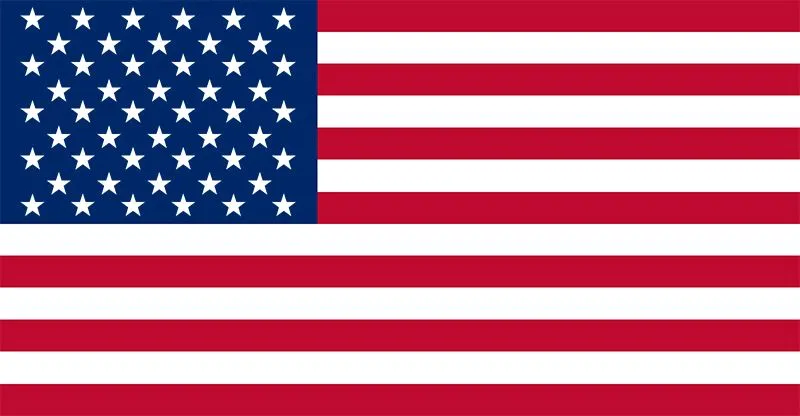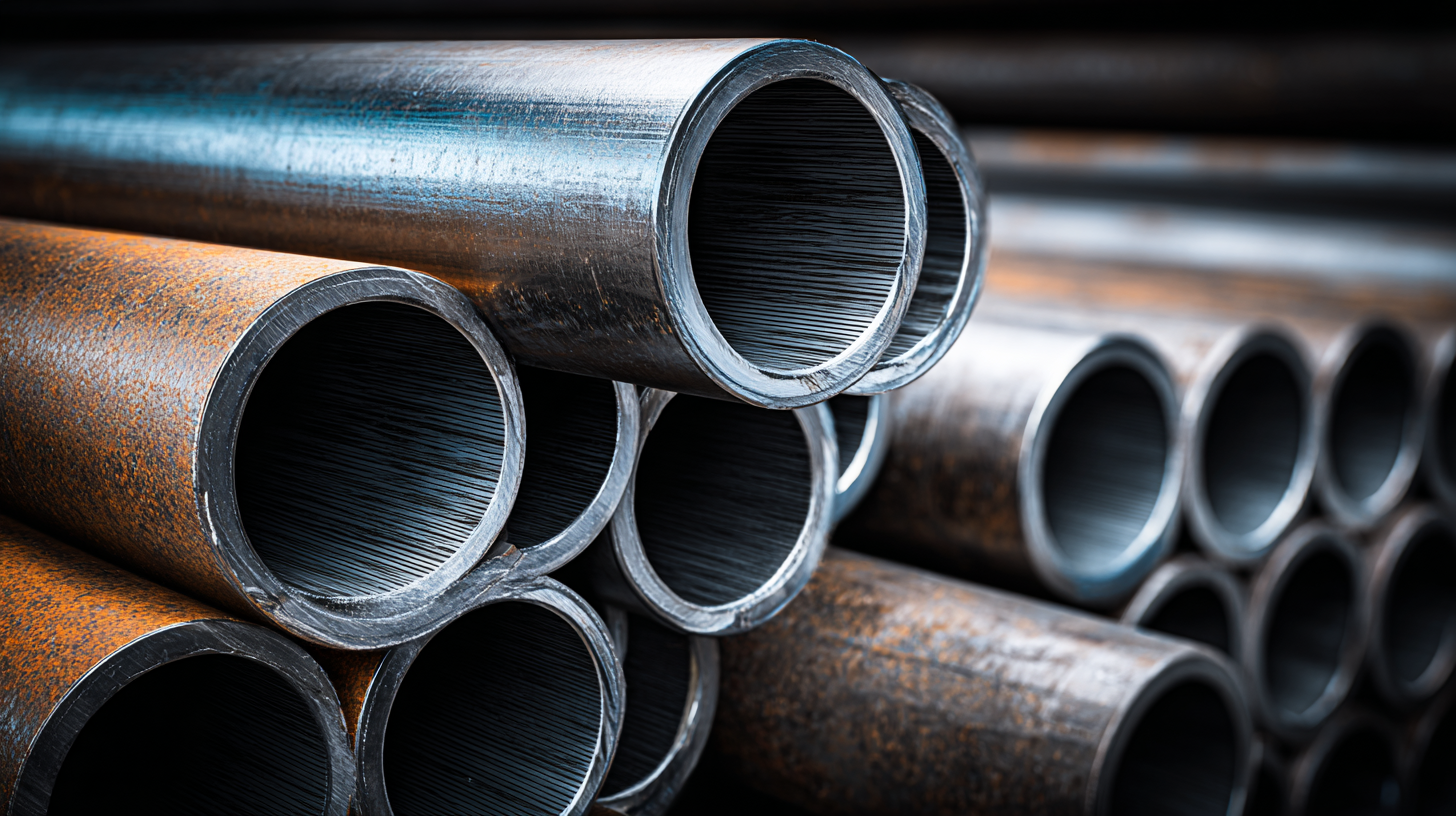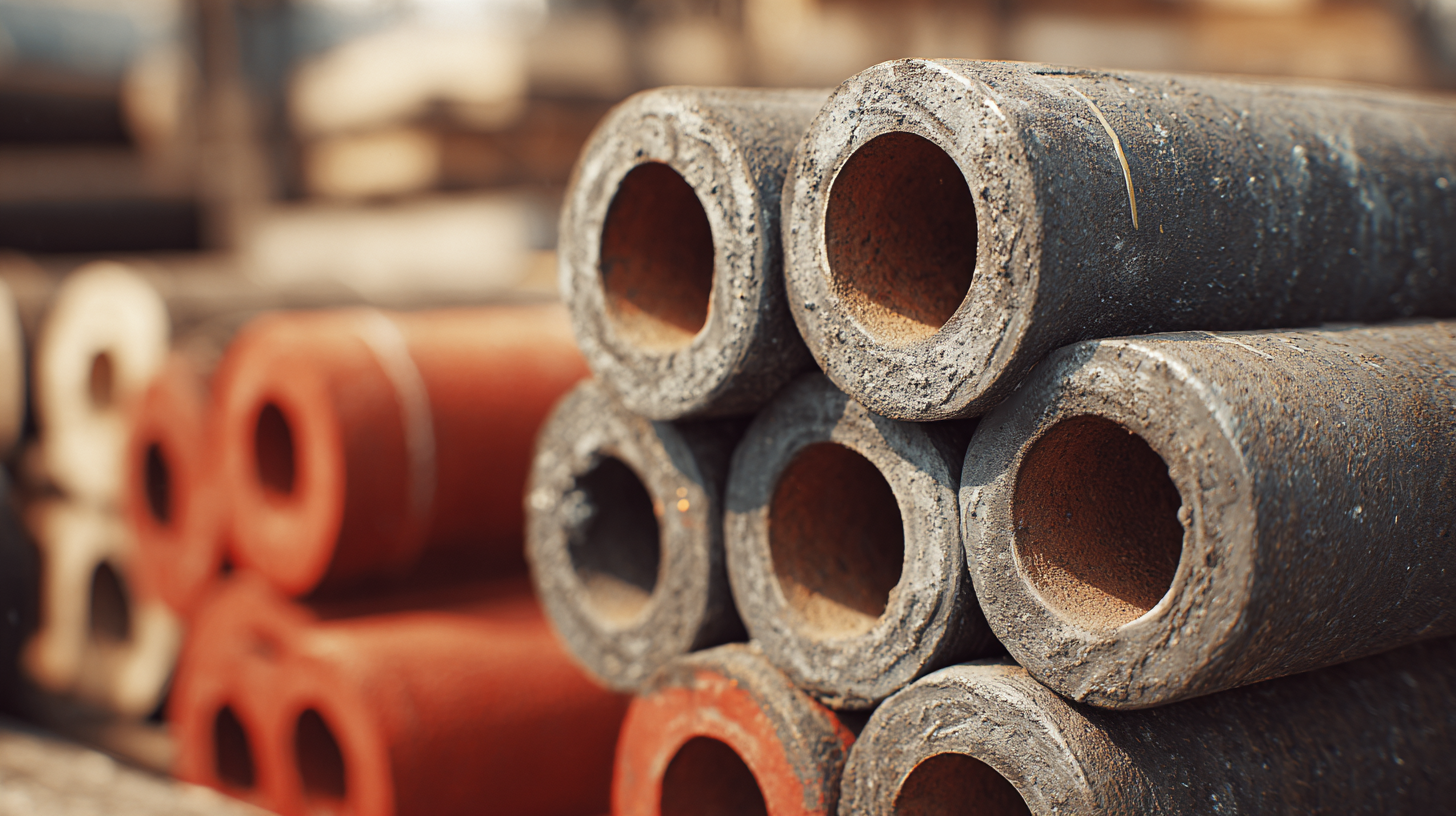
Made in America
Get Connected With



Email Us
sale@abrvpartsacc.com
Call Us
+1 (626) 448-2100
Made in America
Get Connected With




In today's rapidly evolving industrial landscape, the demand for customized solutions has led to the rise of innovative applications for custom pipes. These tailored products are not only essential for traditional plumbing and construction but have also found their way into a myriad of industries, from aerospace to renewable energy.
 The versatility of custom pipes allows for unique designs that meet specific needs, enabling businesses to enhance efficiency, improve performance, and reduce costs. In this exploration of custom pipes, we will delve into their various applications, highlighting groundbreaking innovations and providing valuable tips on how to select and utilize these versatile components effectively.
The versatility of custom pipes allows for unique designs that meet specific needs, enabling businesses to enhance efficiency, improve performance, and reduce costs. In this exploration of custom pipes, we will delve into their various applications, highlighting groundbreaking innovations and providing valuable tips on how to select and utilize these versatile components effectively.
By understanding the potential of custom pipes, industries can leverage their benefits to stay competitive and meet the ever-changing demands of the market.
The demand for custom pipes across various industries is rapidly increasing, driven by factors such as
infrastructure development and the need for specialized solutions. For instance, the global
pipe coating market is projected to see significant growth, anticipated to reach
USD 12.6 billion by 2031. This uptick reflects an ongoing trend where manufacturers are focusing on
advancements in coating technologies to enhance the durability and functionality of pipes used in demanding environments.
Moreover, sectors like HVAC and fluid conveyance systems are experiencing a surge in custom pipe
requirements, catering to the specific needs of municipal, industrial, and residential applications. The introduction of innovative production facilities,
such as those employing advanced materials like fiberglass and PVDF, indicates a strategic
response to the escalating demand for corrosion-resistant and high-performance piping solutions. As industries evolve, the versatility of
custom pipes will likely play a crucial role in meeting the unique challenges
posed by modern infrastructure and technological advancements.
The landscape of custom pipe manufacturing has evolved significantly with the advent of innovative materials and technologies that enhance their performance across various applications. Recent reports from the Global Pipe Market indicate that the market is projected to reach $200 billion by 2025, driven by advancements in material science. High-density polyethylene (HDPE) and fiberglass-reinforced plastic (FRP) are leading the charge, offering superior resistance to corrosion and improved mechanical strength. For instance, HDPE's flexibility and lightweight nature make it ideal for water and sewage applications, reducing installation costs and improving sustainability.
Furthermore, the integration of smart technologies in custom pipe productions, such as sensor technology for real-time monitoring of pressure and flow, reflects a significant innovation in the industry. According to a study by Frost & Sullivan, the smart pipe market is expected to grow by over 20% annually, as industries seek to enhance operational efficiency and minimize leaks and maintenance costs. By incorporating these cutting-edge technologies, manufacturers can provide tailored solutions that not only meet but exceed regulatory standards, thus driving the overall versatility and reliability of custom pipes in today's demanding industrial environment.
| Application Area | Material Type | Innovation Type | Performance Enhancement |
|---|---|---|---|
| Oil and Gas | Carbon Steel | Corrosion Resistance | Extended lifespan and reduced maintenance |
| Water Supply | PVC | Joint-less Technology | Leak-proof and reduced installation times |
| Construction | Stainless Steel | High Strength Low Alloy (HSLA) | Improved structural integrity under stress |
| Industrial Manufacturing | Aluminum | Lightweight Design | Enhanced efficiency and reduced energy costs |
| Pharmaceuticals | Polypropylene | Sterilization Compatibility | Improved safety and cleanliness in processes |
The versatility of custom pipes has made them essential components across various industries, particularly in energy and transportation. The stainless steel seamless pipes market is projected to reach USD 5.15 billion by 2030, reflecting the significant demand for high-performance materials in these sectors. Custom pipes are crucial for ensuring efficiency and reliability in energy applications, from oil and gas transport to innovative solutions in renewable energy systems.
In the transportation sector, the evolution of electric vehicles (EVs) is reshaping the demand for advanced piping solutions. As the market for battery management systems and electric traction motors grows, the need for efficient cooling and thermal management systems is paramount. The Americas pipe insulation market, valued at USD 2.48 billion in 2021, is expected to expand at a CAGR of 5.2%, driven by innovations in thermal insulation and safety measures that support the burgeoning EV infrastructure. This growth exemplifies the dynamic interplay between custom pipes and technological advancements in essential industries.
 The manufacturing of custom pipes has evolved significantly, integrating sustainability practices to minimize environmental impact. Innovative techniques such as the use of recycled materials and energy-efficient production methods are becoming standard in the industry. By utilizing advanced materials that are lighter yet stronger, manufacturers can reduce raw material consumption while enhancing product durability, which ultimately lowers the frequency of replacements and reduces waste.
The manufacturing of custom pipes has evolved significantly, integrating sustainability practices to minimize environmental impact. Innovative techniques such as the use of recycled materials and energy-efficient production methods are becoming standard in the industry. By utilizing advanced materials that are lighter yet stronger, manufacturers can reduce raw material consumption while enhancing product durability, which ultimately lowers the frequency of replacements and reduces waste.
Moreover, the shift towards sustainable practices extends to the entire lifecycle of custom pipes. Many companies are now adopting closed-loop systems that reclaim and reuse water and other resources during the production process. This not only conserves vital resources but also diminishes pollution levels associated with manufacturing. The focus on sustainable design ensures that custom pipes can handle increasing regulatory requirements while meeting the rising demand for environmentally friendly construction solutions. Through these innovations, the custom pipe industry is not only contributing to a more sustainable future but also setting a benchmark for other sectors to follow.
Custom pipes have become increasingly essential in various industries, demonstrating their versatility through successful implementations across several real-world projects. For instance, a notable case can be observed in the oil and gas sector, where companies have transitioned from standard piping solutions to custom-engineered systems. A report from the American Society of Mechanical Engineers (ASME) indicated that the adoption of custom pipes has reduced operational costs by up to 20% while improving reliability and efficiency in fluid transportation systems. Such enhancements are crucial, given the industry's rigorous demands for safety and durability.
Another compelling example comes from the construction industry, where custom pipes are utilized for innovative wastewater management systems. A recent analysis by the Environmental Protection Agency (EPA) highlighted that projects incorporating tailored piping solutions achieved a 30% reduction in inefficiencies related to stagnation and leakage. These systems not only contribute to environmental sustainability but also comply with evolving regulations, showcasing the adaptability of custom pipes to meet the unique demands of diverse applications. Through these case studies, the significant impact of custom pipes in driving both cost-effectiveness and innovation in contemporary engineering practices becomes evident.






